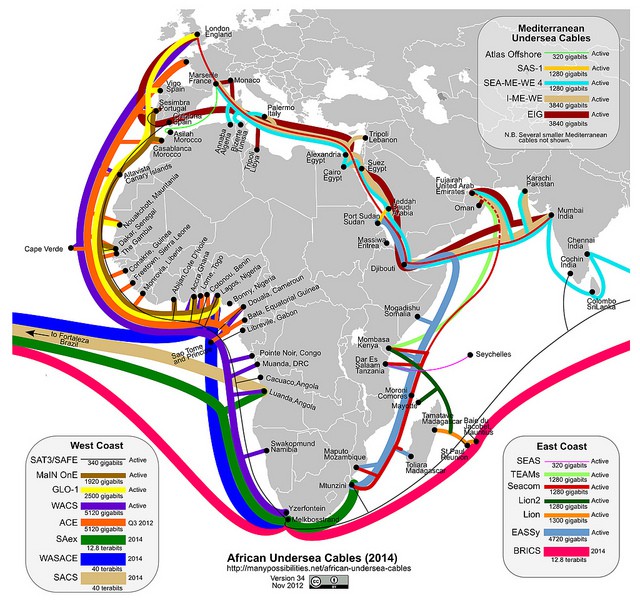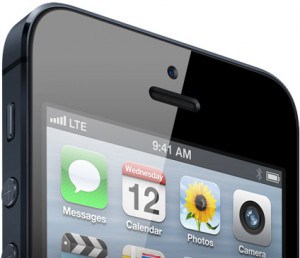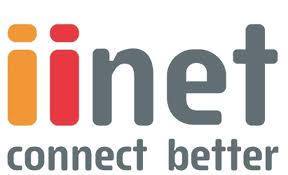 Virgin Media is in hot water with a UK advertising regulator after the company’s marketing department borrowed one of the tricks successfully employed in the United States: selling “unlimited broadband” service that actually is not unlimited at all.
Virgin Media is in hot water with a UK advertising regulator after the company’s marketing department borrowed one of the tricks successfully employed in the United States: selling “unlimited broadband” service that actually is not unlimited at all.
Competitors BSkyB and BT jointly complained to the Advertising Standards Authority about misleading ad claims from Virgin Media that promise unlimited broadband, without bothering to clearly mention Virgin uses a “traffic management policy” that slashes speeds in half when a customer downloads more than 11GB during peak usage times.
Virgin defended its advertising, claiming its speed throttle is so infrequently activated that 97.7% of its customers would never encounter it.
But the ASA would have none of that, noting Virgin’s advertising campaign specifically targets customers who lust for faster speed and are engaged in bandwidth intensive activities.

The ad claim: “The faster your broadband speed, the more you’ll be able to do online. So, if there are a few of you at home gaming, downloading, streaming movies and shopping, then mega speeds of up to 100Mbps will let you all do your thing without slowing each other down.”

The tiny fine print.
 “In that context we considered that the restriction of reducing users’ download speeds by 50% was not moderate and that any reference to it was likely to contradict, rather than clarify, the claims that the service was ‘unlimited’,” the ASA said. “We therefore concluded that the claim ‘unlimited’ was misleading.”
“In that context we considered that the restriction of reducing users’ download speeds by 50% was not moderate and that any reference to it was likely to contradict, rather than clarify, the claims that the service was ‘unlimited’,” the ASA said. “We therefore concluded that the claim ‘unlimited’ was misleading.”
A Virgin spokesperson explained the “unlimited” in the advertising actually referred to one’s ability to use their account as often as they like without worrying about overlimit fees.
“Unlike BT or Sky, all Virgin Media customers can download as much as they like, safe in the knowledge we’ll never charge them more.”
The ASA itself is not militant adhering to the dictionary definition of “unlimited” either.
The ASA, which previously banned more than two dozen Virgin ads for stretching the truth, ruled this one misleading as well because Virgin Media crossed the line imposing restrictions “that were more than moderate:”
While the claim “no hidden charges” made clear that users would not be charged for downloading or browsing, we considered that the inclusion of the claims “unlimited” and “no caps” implied that there were no other restrictions to the service, regardless of how much data users downloaded and browsed. Virgin Media’s traffic management policy reduced users’ download speeds by 50% if they exceeded certain data thresholds and we considered that this was an immoderate restriction to the advertised “unlimited” service. We therefore concluded that the claim “Unlimited downloads Download and browse as much as you like with no caps and no hidden charges” misleadingly implied that there were no provider-imposed restrictions on a customer’s ability to download data.
“The problem is that the service claims to be unlimited but is too limited,” comments Stop the Cap! reader James, who almost thought this was an April Fools’ prank. “A little limited would be just fine. So if you claim your service is unlimited, consumers should expect it be subject to moderate limitations?”
Virgin has since slightly relaxed its speed throttle; violators now face a 40% speed cut when they are found to be downloading “too much” during peak usage periods.
For UK broadband users, the larger question is why the ASA simply didn’t reach for the dictionary when attempting to define “unlimited.”
“If a broadband provider wants to advertise unlimited service, they should simply offer it,” says Stop the Cap! reader Geoff Peale. “Calling it unlimited while interfering with your speed is nothing short of trickery, and the ASA should know better.”
[flv width=”384″ height=”236″]http://www.phillipdampier.com/video/BBC News Twenty five Virgin Media ads found to be misleading 10-11-12.flv[/flv]
The Advertising Standards Authority (ASA) has banned 25 Virgin Media adverts for being either misleading or factually incorrect in the past 18 months. The BBC’s Watchdog took a humorous look at them to find out why so many are falling afoul of the regulator. (6 minutes)
Thanks to readers James and Geoff for sharing the story.


 Subscribe
Subscribe




